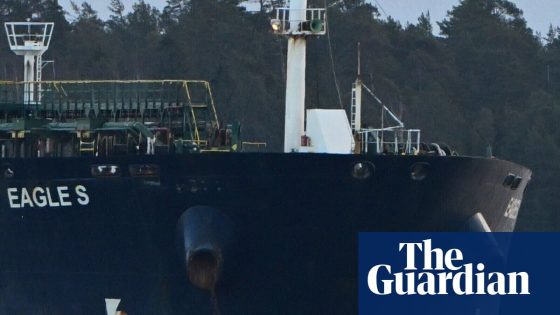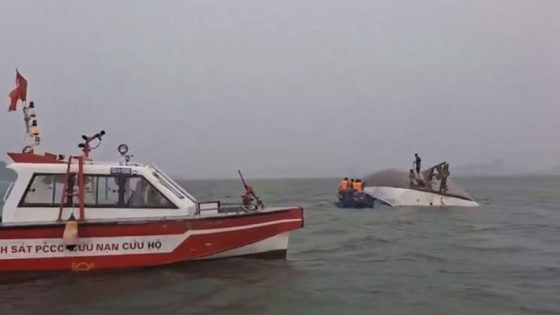Finnish authorities have charged crew members of an oil tanker for allegedly damaging five undersea cables, raising significant concerns about cybersecurity and infrastructure safety in the region. The incident, which occurred on December 26, 2024, has drawn international attention and scrutiny, particularly regarding its implications for telecommunications in Finland and beyond.
- Charges filed against oil tanker crew
- Aggravated sabotage and telecommunications interference
- Incident involved dragging anchor in December
- Significant repair costs for damaged cables
- Jurisdiction debate over cable damage
- Trial impacts on future cable-cutting investigations
The Cook Islands-registered tanker, Eagle S, is suspected of dragging its anchor across the Gulf of Finland, resulting in severe damage to critical cables. With charges filed on August 11, 2025, against the captain and officers for aggravated sabotage, the case underscores the vulnerabilities faced by nations reliant on undersea infrastructure.
This incident raises critical questions about maritime safety and international jurisdiction. Can Finland hold foreign nationals accountable for actions taken beyond its waters? The implications are vast, as nations grapple with securing vital infrastructure. Key points include:
- The Eagle S is linked to Russia’s “shadow fleet,” evading sanctions.
- Damage costs are estimated at €60 million, affecting telecommunications.
- Jurisdiction remains contested, with potential implications for future cases.
As nations navigate these complex waters, it is crucial to strengthen international cooperation to safeguard critical infrastructure and prevent future incidents. Will this case set a precedent for accountability in maritime operations?

































